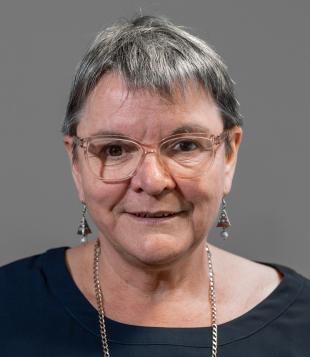Location:
Sanderson Lecture Theatre 1
Date:
Abstract:
Graphene oxide(GO) is an extremely well studied 2D material that is seen as prospective for a range of applications from supercapacitors to water treatment membranes. It is generally believed that the superior performance of this material stems from the very rapid movement of ions and other small molecules through its parallel channels. However, many of these studies consider only ion permeation, without considering the independent parameters of solubility and diffusivity. In our recent work, we have determined the solubility of a range of ions in GO membranes across a range of concentrations. We observe magnesium ion concentrations nearly 100 times higher than in the external solution. We also observe that the concentration of the chloride anion is always greater inside the membrane than in the external solution, even though the membrane is negatively charged. We model these results using a combination of Donnan equilibria for the electrostatic interactions and a chemical interaction parameter. We show that this chemical interaction parameter can be characterised as an activity coefficient, an attraction term or as an excess solvation energy – all three approaches can be considered equivalent. In contrast to this fundamental work, we have also recently tested a commercial graphene oxide membrane for use in dairy ultrafiltration. In this case, the superior performance of the GO membrane arises from the very thin nature of the GO active layer which is placed over a porous polymer substrate. We find that the GO membrane provides higher flux than an equivalent polymer membrane of 10 kDa, both when tested at laboratory scale and within a pilot scale spiral wound module during ultrafiltration of sweet whey. The fouling rate of both membranes is equivalent. Overall, the GO membrane offers strong promise for reducing the energy demand of this dairy process.
Speaker:
Prof. Sandra Kentish is a Redmond Barry Distinguished Professor at The Uni. of Melbourne. She is a Project Leader within the ARC Hub for Digital Bioprocess Development, the Dairy Innovation Research Hub and within the Future Fuels CRC. She was Head of the School of Chemical and Biomedical Engineering (2017-2022), Head of the Department of Chemical Engineering (2012-17) and the Discipline Leader in the CRC for Greenhouse Gas Technologies (CO2CRC) for Membrane Technology from 2003-2015. Prof. Kentish was selected as one of Australia's Most Innovative Engineers by Engineers Australia in 2017 and as a Woman of Influence by the Australian Financial Review in 2018. She was elected to the Australian Academy of Technology and Engineering (ATSE) in 2019. She has been awarded the Uni. of Melbourne Excellence Award in Graduate Researcher Supervision, the Membrane Society of Australasia Anita Hill Leadership award, the Grimwade Prize in Industrial Chemistry and the Caltex Teaching Award of Excellence for Training of Chemical Engineers in Australasia.



